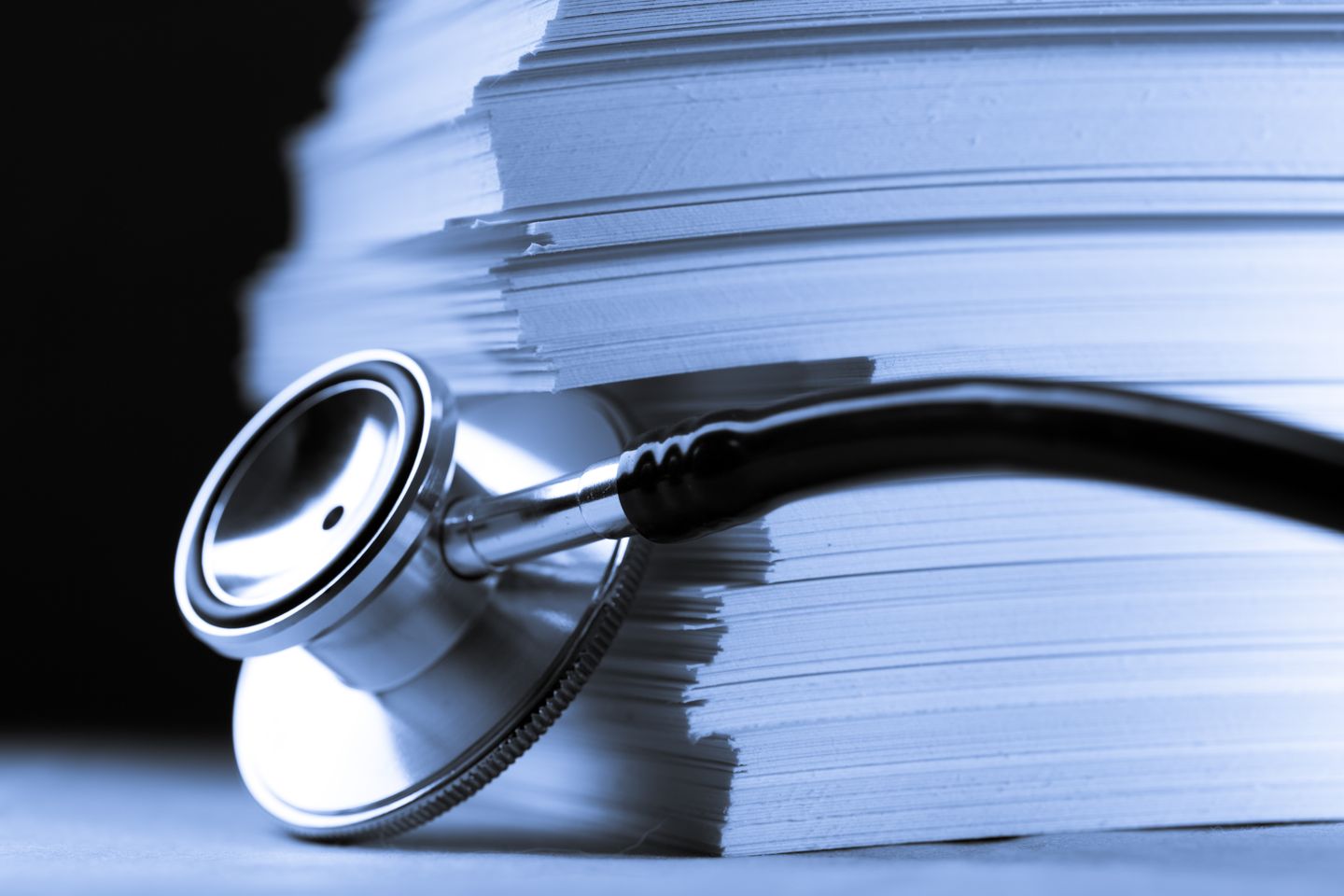
The mental health of mothers is declining faster as living costs rise and single-parent homes multiply in the pandemic era, a recent study shows.
An analysis of 189,417 mothers published in JAMA Internal Medicine found that only 25.8% reported “excellent” mental health in a survey in 2023, down from 38.4% in 2016.
Mothers describing their emotional state as merely “good” rose from 18.8% to 26.1%, while those claiming a “fair/poor” psyche increased from 5.5% to 8.5%.
“Our findings suggest that these potential consequences of poor maternal mental health fall most heavily on disadvantaged and marginalized groups,” the study’s researchers wrote. “While declines in mental health have occurred across the socioeconomic spectrum, the odds of poor/fair mental health were substantially higher among mothers who were single parents, younger, had less education, and those with multiracial, publicly insured, or uninsured children.”
Factors cited in the study included inflation, racism, social isolation, substance abuse, gun violence, climate change, “rising income inequality,” limited access to mental health care and increased social media exposure among younger mothers.
Researchers noted that further studies are needed to “investigate and address the underlying causes of mental health decline among US mothers, particularly for those of low socioeconomic status.”
The study also compared survey data from 2016 to 2019 with 2020 to 2022 to gauge the impact of pandemic lockdowns, omitting 2023 because the public health emergency ended that year.
This secondary analysis confirmed “a pandemic-related increase” in the prevalence of mothers complaining of poor or fair mental health, signaling an acceleration in pre-pandemic trends.
Physical health also worsened during the study period, as 15% fewer mothers reported being in “excellent” shape in 2023 than in 2016. These results were similarly concentrated among single, young, uneducated women with uninsured or publicly insured children.
Some mental health experts not connected to the study said it illustrates the impact of a decades-long rise in single-parent homes, most led by mothers.
“Research consistently has shown the most emotionally healthful parenting environment is a two-parent family committed to each other and the raising of well-adjusted children,” said Ray Guarendi, a Catholic media personality and family psychologist based in Canton, Ohio. “To the degree that ideal is besieged by cultural, economic, and moral factors, one can expect a decline in the overall well-being of a parent.”
Rachel Goldberg, a California licensed therapist specializing in maternal mental health, said many single mothers never recovered the child care, school, extended family and therapy resources that helped them “hold the fort down” before pandemic restrictions.
“Clinically, I’m seeing more women who appear high functioning but are privately unraveling,” Ms. Goldberg said. “They’re working, parenting, keeping family routines intact, volunteering at school, and numbing out with wine, doomscrolling in bed at midnight, or sitting in sessions saying, ‘I love my kids, but I often don’t want to be around them or feel rageful.’ It’s a tough place to be.”
According to national estimates, the share of adults aged 25 to 49 living with a spouse and at least one minor child fell from 67% in 1970 to 37% in 2021.
Psychologists have long warned that single mothers have a greater risk of suicide than married mothers, with poverty and lack of support driving their depression.
“Single moms carry a lot, emotionally and physically,” said Vince Callahan, founder of the Florida Institute of Neural Discovery. “Based on the research, I would say that single moms’ mental health is in decline due to more financial stress and having to do life alone with just their kids.”
Experts say a perfectionistic ideal of parenting in popular culture is another factor impacting single mothers more heavily than dads.
“Many mothers internalize unrealistic standards about what it means to be a ‘good mom,’ expecting themselves to be endlessly patient, fully present, and entirely self-sacrificing,” said Melissa Jermann, a New York-based clinical psychologist. “When this perfectionism in parenting takes hold, it fuels chronic stress, shame, and self-criticism, especially when reality doesn’t match those high expectations, as shown in social media.”
For more information, visit The Washington Times COVID-19 resource page.












